
COP28 is a global stocktake of climate change
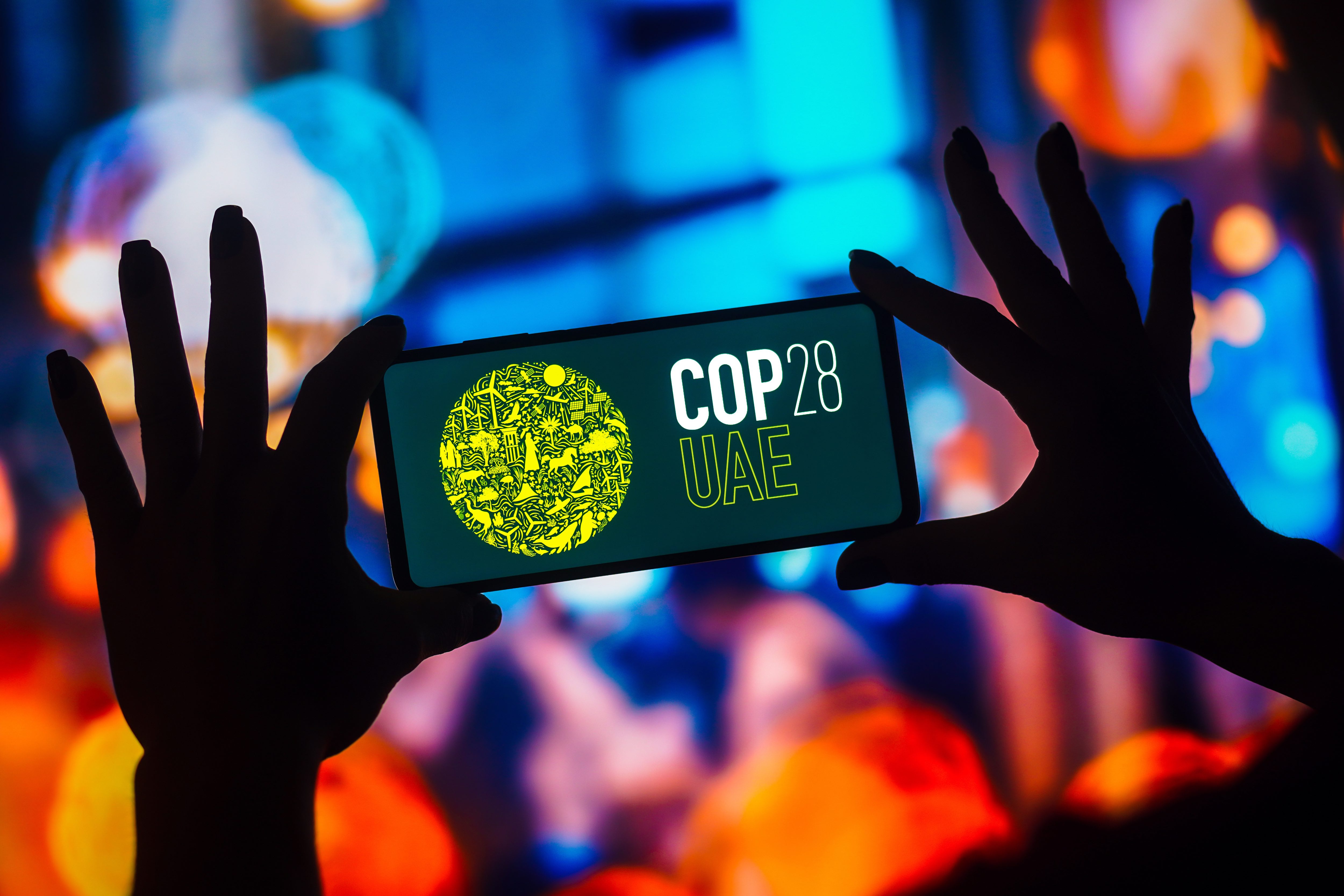
This year’s international climate change conference could disappoint or deliver meaningful actions to combat the climate emergency and support adaptation measures
Published 30 November 2023
The United Nations Framework Convention on Climate Change’s Conference of the Parties is a mouthful of words, and there will certainly be many words exchanged over the coming fortnight as the world gathers to attempt to solve what has been described as the “ultimate threat to humanity”.
The conference, known as COP, has been held annually since 1995. The 198 parties that are UNFCCC members meet to agree on actions they will take to combat climate change.
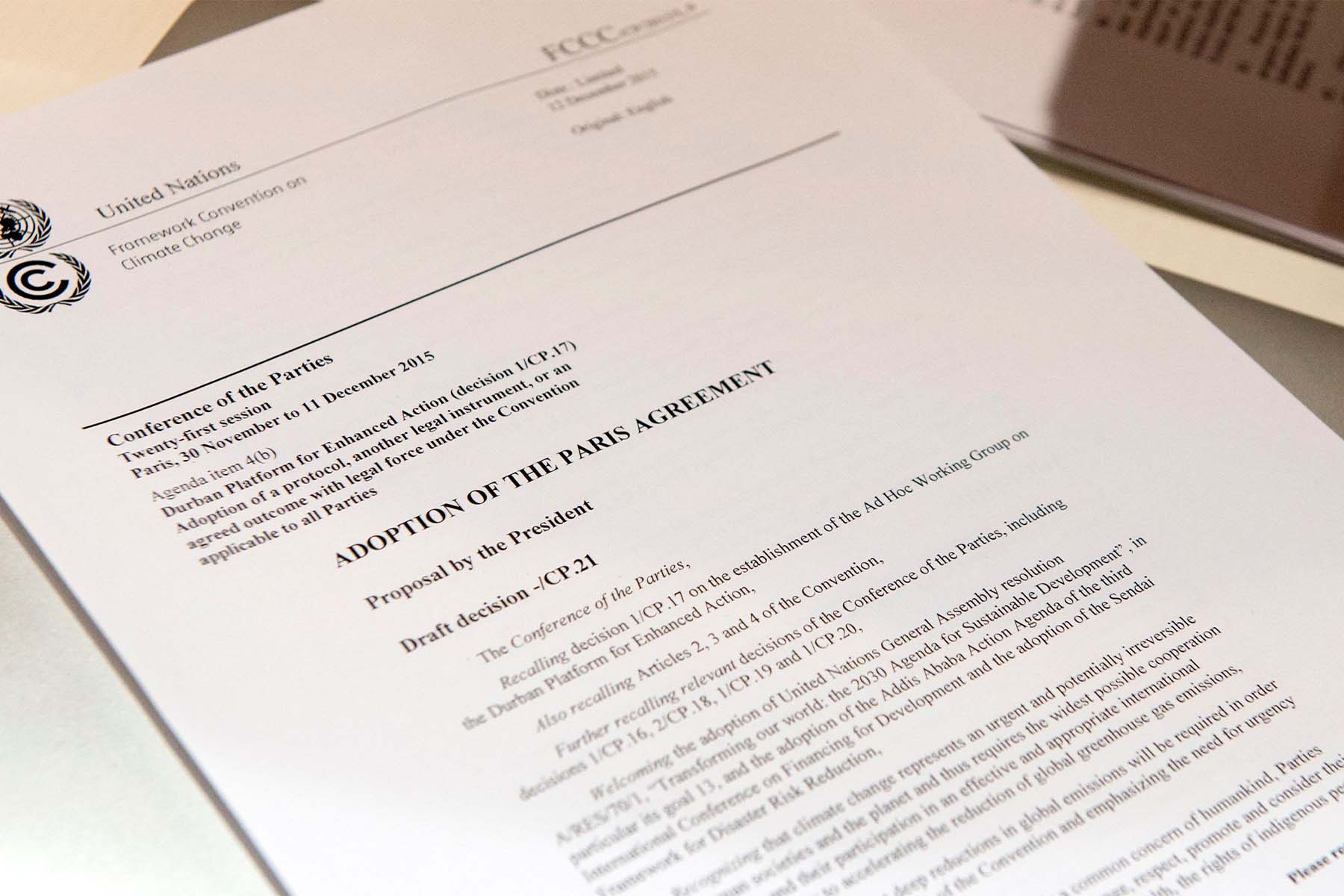
Key moments in COP history include the Kyoto Protocol at COP3 in 1997 that established legal obligations for developed countries to reduce their greenhouse gas emissions. And the Paris Agreement at COP21 in 2015 to limit global warming to “well below 2°C above pre-industrial levels and to pursue efforts to limit the temperature increase to 1.5°C”.
COP28, which is being held in Dubai from 30 November to 12 December 2023 includes the first Global Stocktake (GST) on progress since the Paris Agreement.
This stocktake will tell us how close (or far away) we are from achieving the necessary emissions reductions and how much more work needs to be done.
The event itself illustrates the complexity of this undertaking. COP28 is being held in one of the world’s top oil-producing nations at the tail-end of what will be the hottest year on record.

We asked our experts give their thoughts on what they hope will be achieved in Dubai over the coming fortnight.
Professor kathryn bowen: climate and global health
2023 has been a watershed year in terms of progressing action on the health impacts of climate change.
The World Health Organization’s governing body – the World Health Assembly – had it first ever substantial focus on health and climate change; the G20 agreed to the first ever high-level principles for health and climate action; and the first Health Day will be held at this year’s COP28 in Dubai.
COP28 will be significant, as it will be the first time that Ministers of Health (at current count 50, with many from the Pacific) come together at the UN’s global climate conference.
The ambition of COP28 and health action is to lift the political profile of the climate and health agenda, and mobilise finance for country-driven and high-impact interventions that can prepare for and respond to the health impacts of climate change.
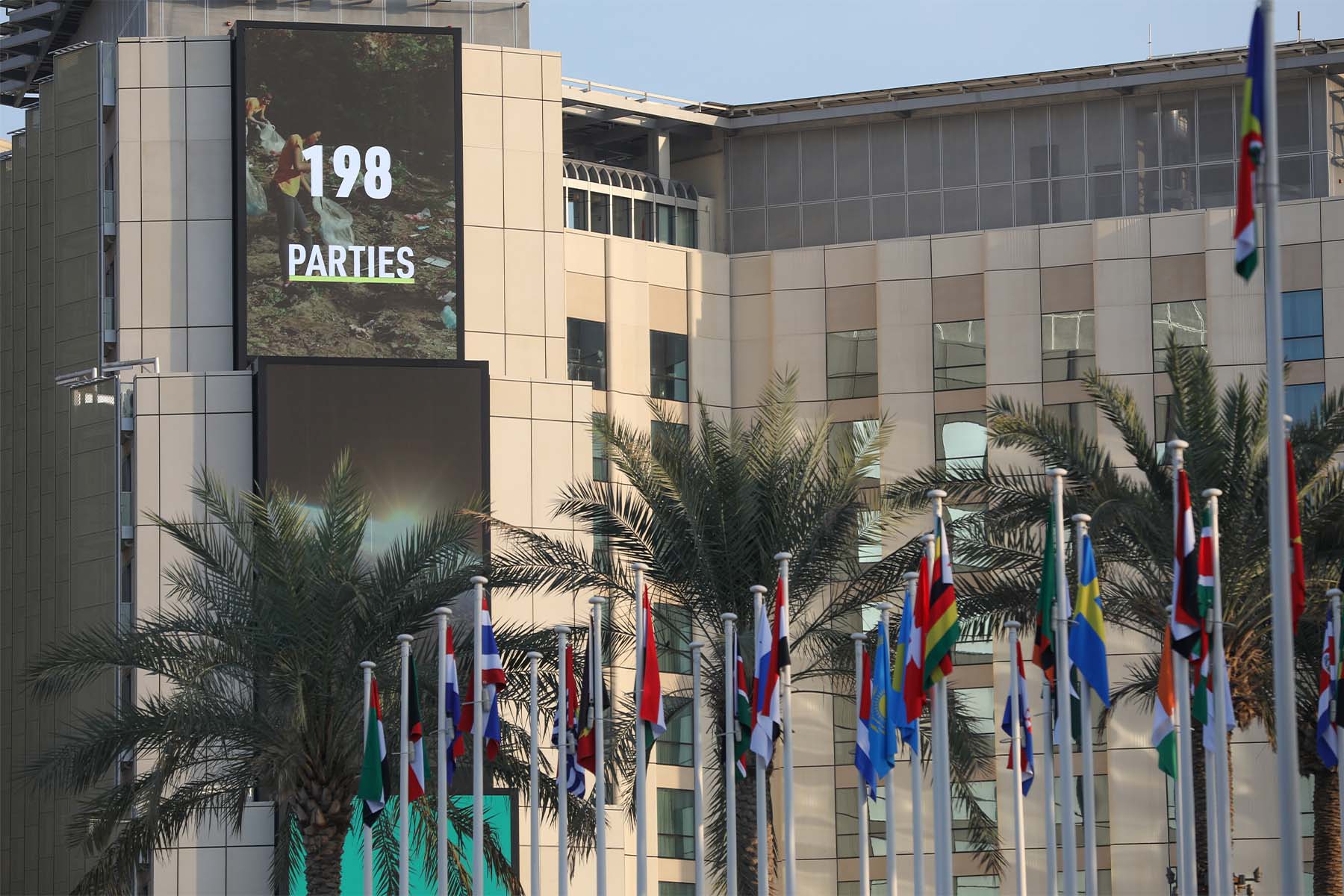
While there has been a whirlwind of activities through the year, and much intense preparation for COP, the potential to see the transformational change will rest largely outside of the health sector.
This is because what’s needed is the rapid phase-out of fossil fuel emissions.
So, while it is affirming that there is now a brighter spotlight on the ultimate impacts of climate change – our health and well being – any real progress has the potential to be determined by the highest-emitting countries – Australia included.
professor rosemary addis am: sustainable finance
We can hope leaders headed to Dubai have the Pope’s October encyclical in their aeroplane reading. Laudate Deum is riveting and sobering, calling on leaders to show “courage to make substantial changes” for “global common good” because “Our care for one another and our care for the earth are intimately bound together.”

Environment
Decarbonising transport for our health
Talk of finance may seem prosaic in this context. In fact, it is essential. Without capital, resources don’t flow, commitments are not implemented and solutions do not scale.
This is about much more than money. This is about jobs and skills and new industries, businesses and communities vital to climate readiness and transition.
United Nations Secretary General António Guterres and the UN Special Envoy for Climate Action and Finance and former Bank of England head Mark Carney are among others calling for financial system reform to meet the climate crisis.
This COP is the time for a roadmap that ensures billions of dollars in pledges translate to capital being put to work on the front lines of climate action and ensuring the transition is just and equitable.
This COP is the time for stewardship that connects climate commitments to concrete goals and accountability – from alignment with UN Sustainable Development Goals to SDG action and impact.
Future generations will thank those who show actions speak louder than words.
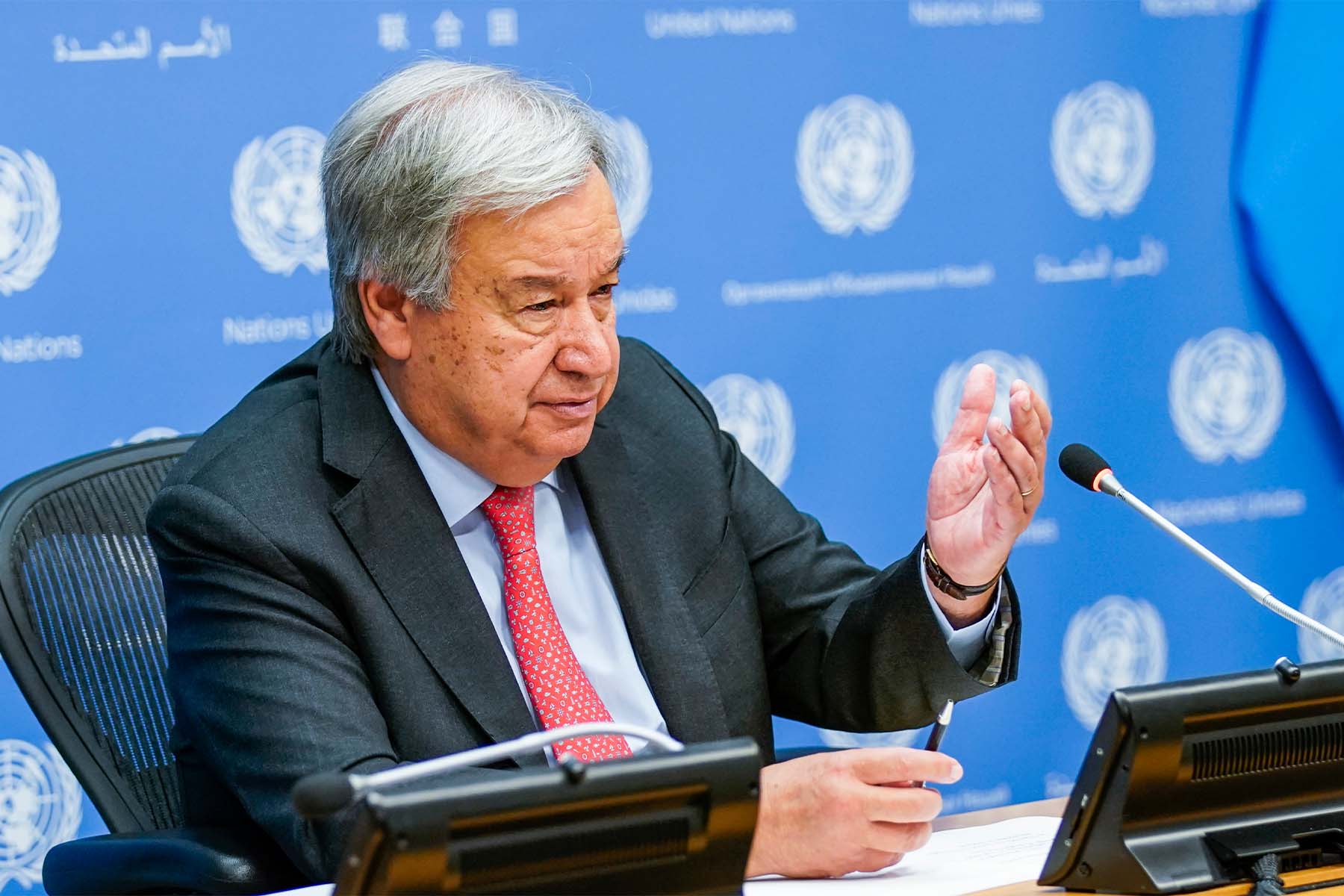
Professor jacqueline peel: emissions reductions
The first global stocktake under the Paris Agreement concludes at COP28. This is a collective progress assessment that examines countries’ efforts to reduce emissions, improve adaptation and mobilise finance towards addressing climate change.
A Technical Assessment Report released in September contained few surprises: countries are not on track to meet the Paris Agreement’s goals with current policy pledges. The key question at COP28 will be whether this serves as a wake up call for countries and prompts announcements for more ambitious pledges, due under the Paris Agreement by 2025.

For its part, Australia has new emissions data coming out in its second Annual Climate Change statement under the Climate Change Act that shows we are in much better shape than previously thought to meet our target of an emissions cut of 43 per cent below 2005 levels by 2030.
This is likely to increase pressure on the Australian government to raise its ambition for our 2035 target, taking account of the findings of the global stocktake.
Dr andrew king: climate science
This year we’re seeing the effects of climate change playing out with record high temperatures and many damaging extreme events. Humanity’s greenhouse gas emissions remain near record high levels so we’re rapidly warming the planet and increasing the damage we are doing.
This COP meeting I would like to see more concrete efforts from the world’s biggest emitters to reduce greenhouse gas emissions. Leadership from the US, EU and China can go a long way and others would follow.
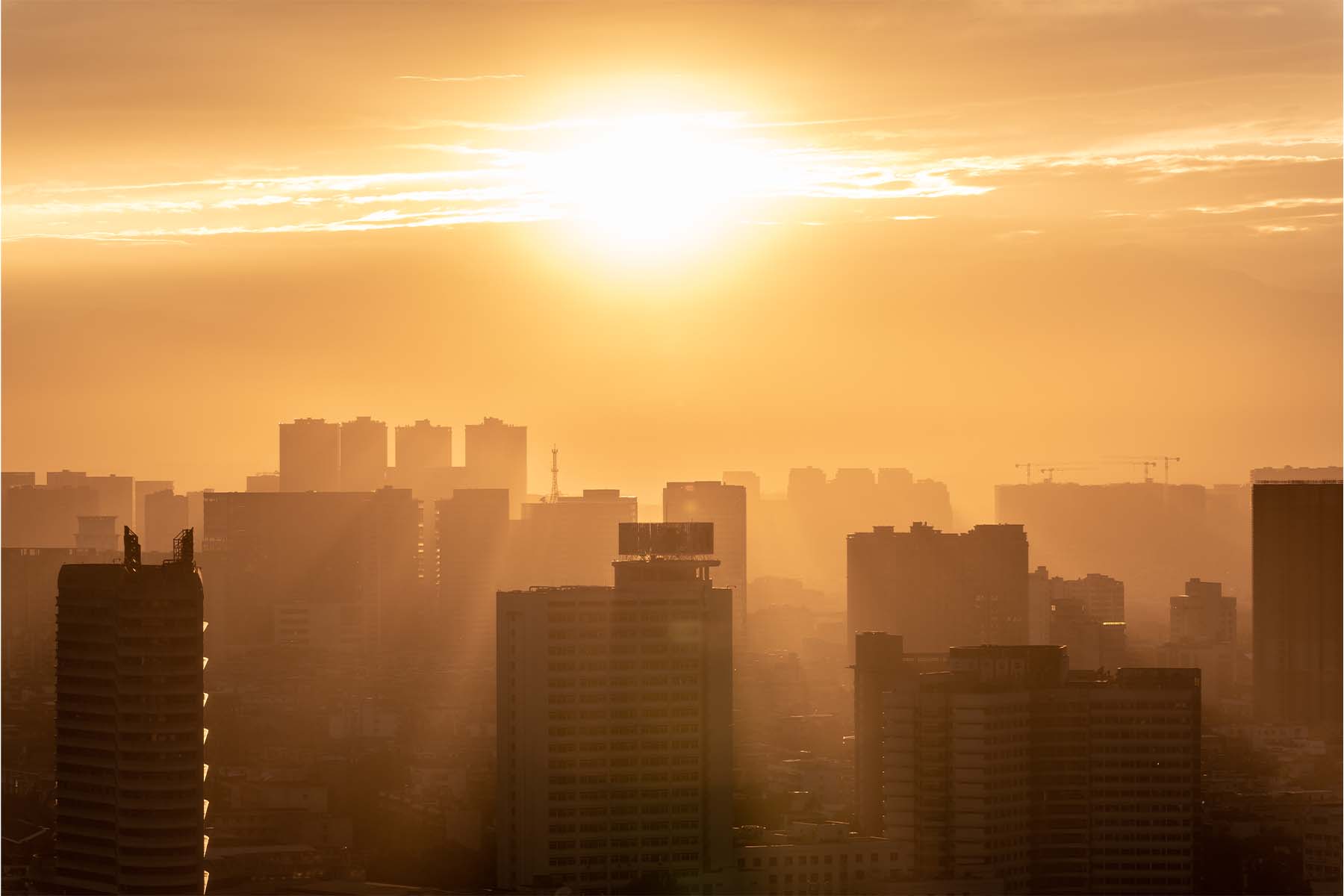
Stronger commitments to phase out fossil fuels, at least for electricity generation, are needed.
We have the resources and technology so that we don’t need to generate electricity from coal, oil or gas – so we should commit to ending this.
We also need to see progress on ‘Loss and Damage’ and associated large increases in funding for adaptation and mitigation provided by the world’s biggest emitters. I am not optimistic we’ll see what we need to see to prevent catastrophic climate damages, but I hope to be proven wrong.
Banner: Getty Images



